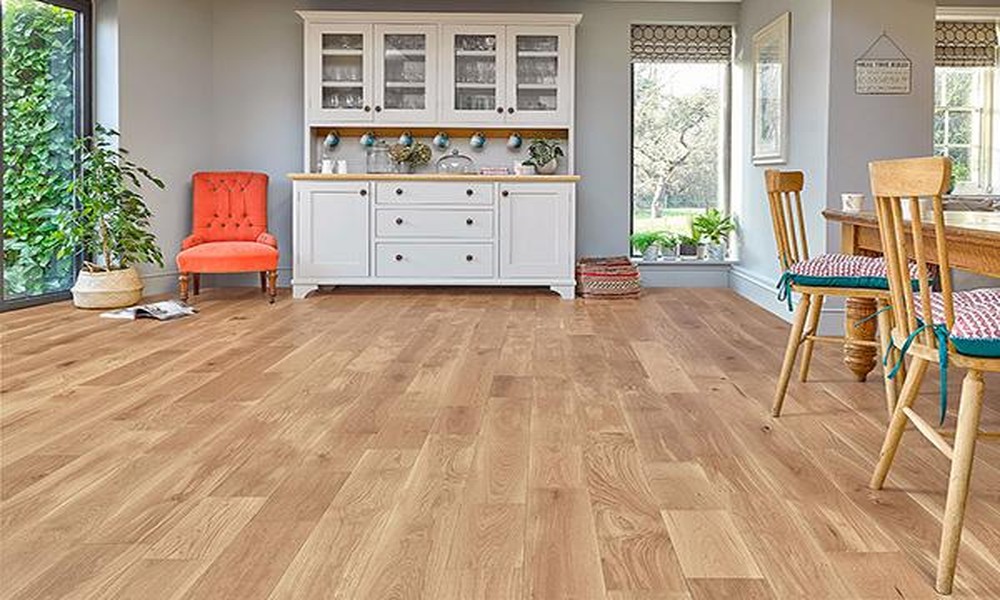Most homeowners schedule a home inspection during the buying or selling process, but what about the years in between? Routine inspections are one of the smartest ways to catch issues early and prevent expensive repairs later. A trusted roofer like R.A. Woodall Roofing encourages homeowners in the Williamsburg, VA area to make inspections a regular part of homeownership, not just a one-time event tied to a real estate transaction.
Why Inspections Matter Year-Round
Homes are constantly exposed to the elements, especially in regions with varied weather condi-tions. Over time, your roof, siding, windows, and foundation can wear down or become damaged without you noticing. A regular inspection, especially by professionals familiar with local condi-tions, can spot problems that aren’t visible from the ground or to the untrained eye.
Roofs, in particular, can suffer from wind uplift, hail damage, water intrusion, or granule loss with-out any obvious warning signs. Catching these early through annual or seasonal inspections can help prevent long-term structural issues.
The Role of a Roofing Contractor in Routine Inspections
While general home inspectors have a broad understanding of all home systems, a specialized roofing contractor offers deeper expertise specifically in roofing systems. A professional like R.A. Woodall Roofing knows what subtle signs to look for, such as curling shingles, soft spots on the decking, or flashing failures that might lead to future leaks.
They also evaluate critical components like gutters, attic ventilation, and skylights, ensuring your roofing system performs optimally and your home stays protected.
Common Problems That Go Unnoticed
Many homeowners only realize something’s wrong after visible signs appear, like a ceiling stain or water drip. By then, the issue has often spread. Common issues that inspections help identify include:
- Minor leaks or punctures from branches or wind-blown debris
- Blocked or damaged gutters leading to water pooling
- Flashing separation around chimneys, vents, or skylights
- Moss or algae growth, which can shorten roof lifespan
- Poor ventilation is causing moisture buildup in the attic
None of these may be obvious to the untrained eye, yet they can lead to serious damage over time if not addressed promptly.
Inspections After Storms or Harsh Weather
Weather-related damage isn’t always sudden or catastrophic. After strong storms, heavy rain, or snow accumulation, it’s a good idea to schedule a roofing inspection to ensure your home wasn’t compromised.
A reputable roofing contractor can provide documentation for insurance purposes if any damage is discovered. Even if you don’t file a claim, identifying and repairing minor issues early can pre-vent much costlier problems later.
Boosting Energy Efficiency
Inspections aren’t just about damage—they’re also about performance. A poorly insulated or ven-tilated roof can lead to energy loss, making your HVAC system work harder and increasing your utility bills. During an inspection, professionals can recommend simple upgrades or adjustments that improve energy efficiency and comfort throughout the year.
Planning Ahead for Budgeting and Maintenance
Annual inspections help you anticipate future repairs or replacements. Instead of being blindsided by a major issue, you’ll have a clear picture of your roof’s condition and an estimate of how much longer it will last. This allows you to budget and plan for upgrades on your terms, without the stress of emergency repairs.
Peace of Mind for Homeowners
Knowing your home is in good shape offers invaluable peace of mind. Regular inspections re-move the guesswork and reduce anxiety about hidden problems. Whether you’re living in your “forever home” or planning to sell in the future, maintaining a detailed inspection record can also reassure future buyers of your home’s value and care.
When to Schedule an Inspection
The ideal time for a roof inspection is once per year—typically in the spring or fall—and anytime your area experiences a major weather event. Additionally, it’s wise to have an inspection if:
- Your roof is over 10 years old
- You see moss, sagging, or loose shingles
- You notice sudden spikes in energy bills
- You’re considering renovations involving your roof or attic
Conclusion: Inspections Are Preventive, Not Reactive
Regular home inspections—especially of your roof—aren’t just a box to check when buying or selling. They’re a vital part of responsible homeownership. By working with a reliable roofing con-tractor like R.A. Woodall Roofing, you can stay one step ahead of problems, protect your investment, and extend the life of your home’s most important systems. Think of inspections not as an expense, but as insurance against the unknown—and a smart habit that pays off in both peace of mind and long-term savings.









